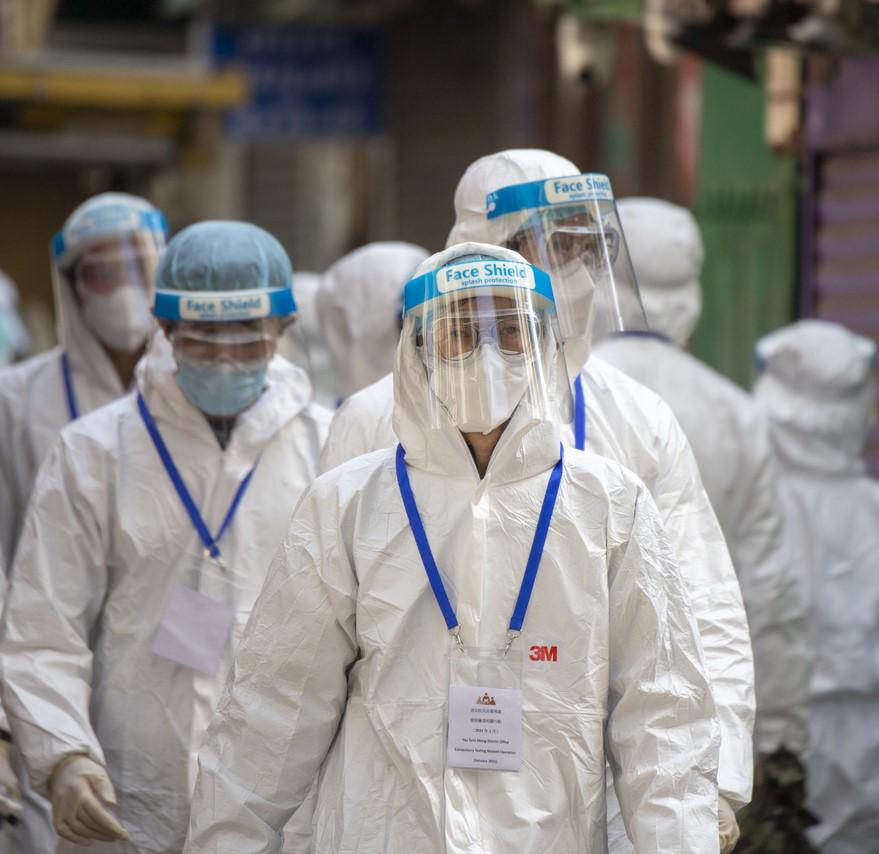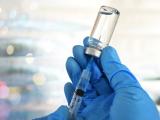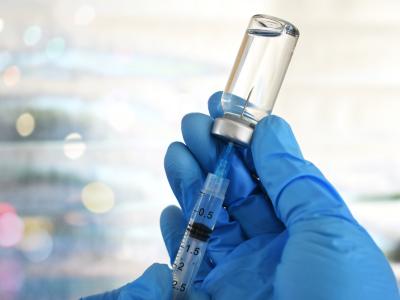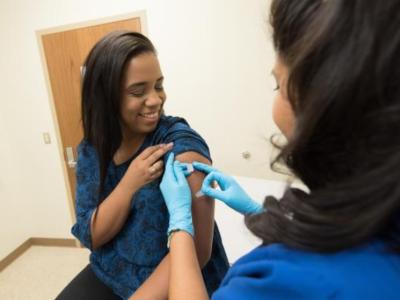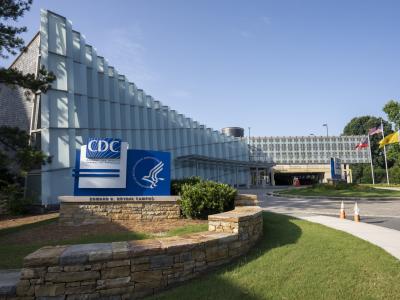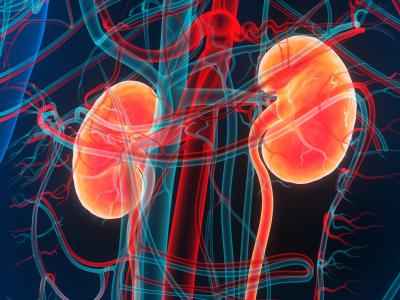A flurry of lockdowns and other strong measures in China are keeping millions of people at home and workplaces shuttered, amid the country's quickly rising Omicron surge that saw COVID-19 cases double over the last day.
Elsewhere, a number of countries in Europe are eyeing rising cases again in the wake of eased restrictions, with some US experts warning of potential rises based on what they see in wastewater surveillance.
Chinese lockdowns affect more than 90 million
China reported 5,154 local cases today, 1,647 of them asymptomatic, up sharply from the 2,125 local cases, 788 of them asymptomatic, reported yesterday. The majority of today's cases were from Jilin province in the northeast, especially Jilin City, the province's second largest city.
Lockdowns, part of the country's "zero COVID" approach, are affecting a number of industrial and financial hubs and are expected to create supply chain problems—including transport slowdowns and shortages of technology components—on economies in and beyond China.
On Twitter, Stephen McDonell, a China correspondent for the BBC, estimated that about 52.5 million people are under full lockdown in cities including Shenzhen, Dongguan, and Langfang, with more affected by a province-wide lockdown in Jilin. He also added that quasi-lockdowns in Shanghai and Xian are affecting 39 million more residents.
Meanwhile, Hong Kong's surge continues, with 27,765 new cases today, along with 228 more deaths. The city, once praised for its strong battle against the disease, is now facing overwhelmed hospitals and overflowing mortuaries and facing criticism that it didn't do enough to vaccinate older people, according to NBC News. It has also faced pressure from mainland government officials as they battle their own surge.
European countries face new signs of resurgence
Germany's 7-day average of new cases reached a new high, but COVID measure laws expire on Mar 19 and the government is poised to approve new streamlined measures that would reduce restrictions, according to Reuters. Health officials said though cases are rising, the risk of overloaded health systems has decreased.
France's cases are also rising, with the 7-day average at 60,000, up from 50,000 the week before, according to the Associated Press. The country eased most of its COVID restrictions yesterday, including mask wearing and vaccine passes.
Last week, the United Kingdom reported similar rises, especially in older adult age groups. Health officials in the United States and other parts of the world are closely watching patterns in Europe, which usually signal similar patterns elsewhere.
Eric Topol, MD, on Twitter said cases and hospitalizations in Europe are gaining steam and are probably related to the "BA.2 triad", which consists of the more transmissible BA.2 subvariant, loosened restrictions, and waning immunity. Topol is founder and director of the Scripps Research Translational Institute.
Warning signs in US wastewater
Scientists who monitor Centers for Disease Control and Prevention (CDC) wastewater testing data are raising concerns about potential case rises in parts of the United States.
Julia Raifman, ScD, a health policy expert at Boston University, on Twitter said SARS-CoV-2 levels are increasing in 37% of wastewater sites, which appear to be clustered around Chicago and Middle Atlantic states, with some locations in the Northeast, Southeast, and Florida.
She urged areas in red and orange zones to boost vaccination efforts, mandate masks in high-risk settings, and ensure supplies of tests and N95 masks.
The 7-day average for US COVID-19 cases, though, continues to fall and is at 33,310, with 1,170 deaths, according to the New York Times tracker.
In other US developments:
- A study of infants and toddlers from 14 states found that hospitalization rates were five times higher during the Omicron surge than during the Delta surge, researchers reported today in Morbidity and Mortality Weekly Report. The group focused on kids ages 0 to 4, which are among the ages not yet eligible for COVID-19 vaccination. Babies younger than 6 months had the highest hospitalization rates, but severity didn't vary by age-group.
- Pfizer and BioNTech will request emergency authorization for second vaccine boosters for people ages 65 and older, in an effort to shore up waning immunity, according to the Washington Post, based on unnamed people familiar with the situation. The Food and Drug Administration submission could come as soon as today, with a decision that could come quickly.
- The CDC yesterday lowered COVID warnings for cruise ships and nine destinations in the Caribbean and Atlantic regions.
